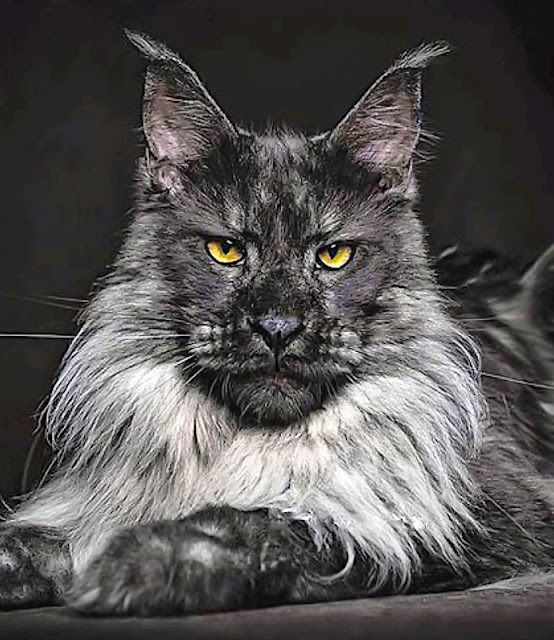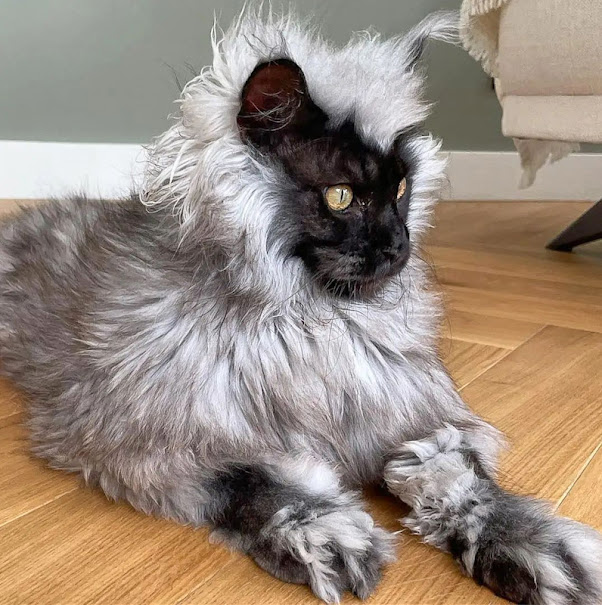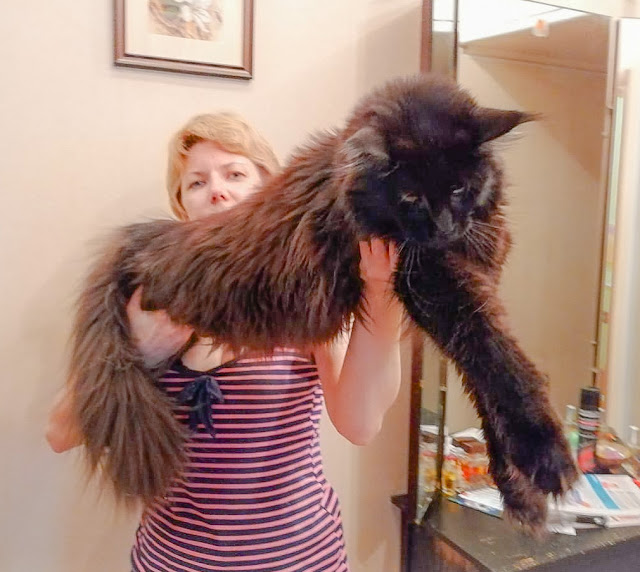Your veterinarian discovers HCM in your Maine Coon. What happens next?
If your veterinarian diagnoses your Maine Coon with Hypertrophic Cardiomyopathy (HCM), the next steps typically involve the steps below. This information comes from veterinarian websites such as Langford Vets and UC Davis.
- Genetic Testing: To confirm the presence of the mutation associated with HCM in Maine Coons, a genetic test may be recommended.
- Management and Monitoring: There is no cure for HCM, but treatments can help improve your cat’s quality of life. This usually includes medication to control symptoms and prevent disease progression. Regular follow-ups with echocardiograms to monitor heart function are also important
- Lifestyle Adjustments: Depending on the severity, your vet might suggest changes in diet or activity levels to reduce stress on the heart.
- Breeding Advice: If your Maine Coon is part of a breeding program, it’s recommended to remove them from it to prevent passing on the gene.
It’s essential to work closely with your vet to establish a care plan tailored to your cat’s specific needs.
As you might know, Maine Coon cats are genetically predisposed to developing Hypertrophic Cardiomyopathy (HCM). Researchers have identified a specific mutation in the MyBPC3 gene that is associated with an increased risk for HCM in Maine Coons. Cats with two copies of this mutation (homozygous) are at a higher risk and may develop moderate to severe cardiac disease, which can lead to sudden death by age 4 years or less. Even cats with one copy of the mutation (heterozygous) have an increased likelihood of developing HCM compared to those without the mutation.










Comments
Post a Comment
Please share your Maine Coon experiences.